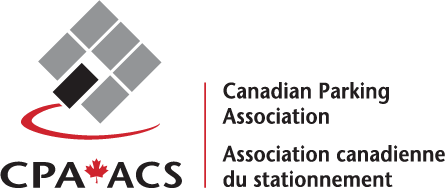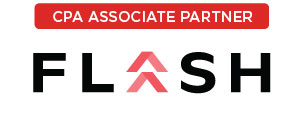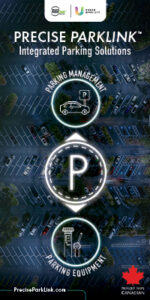Data Driven – Municipal Parking Administrators May Be Focusing on the Wrong Types of Data
By Brian Wolff
Over the past decade, municipal parking has become extremely data centric. As municipal parking administrators have come to rely increasingly on technology to improve the parking experience, they’ve discovered that these same tools can provide valuable operational data that can be used to manage parkades more efficiently and effectively.
PARCS systems, parking guidance, LPR, and mobile payment apps are wonderful management tools that provide important utilization data. Need to know how full your lot or parkade is, and when it tends to be most full? These technologies can tell you, often in real-time on any device. Want to know what types of parkers are using your parkade, an automated permitting program tied to your PARCS system can tell you that.
It’s obvious why these types of data are so valuable. Benchmarking is an essential element of any parking management program. If you understand your parking trends you can make sensible decisions about how to manage your parking programs. It’s why so many parking owners and operators rely on their PARCS and guidance tools for data.
Ask the Customer
But if you are focused solely on utilization data, you are only getting half the story; and you may not be getting the most important half. As important as it is to know who is parking in your facility, and when, it’s even more important to know how their experience was. Did they have trouble getting in and out of the parkade or lot? Did their payment go smoothly? Did gates and ticket machines work as expected? These are essential issues if you want to earn repeat business from parkers.
The most obvious way to get this information is by surveying customers. Hearing about parkers’ experiences straight from their own mouths is the best way to see how they viewed the parking experience. This can be relatively easy to do with permit parkers since you have their contact information already. Likewise, if the customer has set up an account for automatic payment, they may be reachable. By emailing them a short, easy-to-complete questionnaire, you can learn a lot about customers’ experiences and how you can improve your services. If they respond.
But it’s harder to get this type of information if you primarily provide services to transient parkers. In these cases, you aren’t likely to have useful contact information and it can be difficult to reach them. Sure, you can put a URL linking to a questionnaire on parking tickets and receipts, but what are the odds that your customers will make the effort to go online and answer your questions? For that matter, how likely is it that they will even respond to an email if you do have their address? We are all busy in our day-to-day lives and most of us don’t have time to respond to every request for feedback that we receive (and if you’re like me, you get a lot of requests!).
As with utilization data, technology can help provide customer service data. In this case, a customer service platform can provide the information you are looking for.
A customer service platform is a parking-specific technology solution that supports parking operations. It is connected to a parkade or lot’s PARCS equipment via the cloud and can be engaged with the push of a button when something goes wrong with the equipment. Basic systems provide a live audio connection to a trained customer service professional who can help solve parkers’ problems. The most advanced system offers two-way video conferencing so the customer service representative can see for him or herself what the issue is and solve it.
Customer Service Data
Because a customer service platform documents every aspect of every call, it also provides data about how many calls are made on a given day, week, or month. The technology also analyzes the nature of each call. For instance, owners and operators can monitor how many entry/exit issues, ghost calls (accidental calls caused by drivers pushing the wrong button), invalid validations or permits, credit card payment issues, invalid tickets (obtained by the driver upon entering the facility), or any other issues.
This is valuable information that municipal parking administrators can use to improve their operations and customer service. For instance, if there is an excessive number of invalid tickets, that could be an indication that the PARCS equipment located at the entrance is malfunctioning and needs to be repaired or replaced. The same conclusion might be drawn if there is an unusually high number of credit card payment issues. Or, if there are too many invalid validations or permits, it could indicate that the permit readers are malfunctioning or that the equipment that creates the permits themselves is faulty. No matter what types of problems arise, the data created by the system can help diagnose the issues and help parking administrators address them more efficiently and cost-effectively.
In essence, the data collection elements of a customer service platform serve as a direct link to the customer experience. It lets municipal parking administrators know if something went wrong during the parking experience and exactly what the problem was. It also allows them to determine if problems were one-time issues or an indication of an ongoing equipment or operational failure. And as with most technological data collection tools, the information can be accessed in real-time, at any time.
Get the Whole Story
Municipal parking administrators have come to rely on the operational data that’s provided by their various parking technology tools. But if they are only accessing operational data, they may be missing the most important information. Customer service data is essential to understanding the customer experience they are offering. A customer service platform can provide that data, letting owners and operators know whether their operations have issues, and providing the vital first step to understanding how to fix them.
About the author
Brian Wolff is President & CEO of Parker Technology. He can be reached at brian.wolff@helpmeparker.com. Learn more at www.helpmeparker.com.






